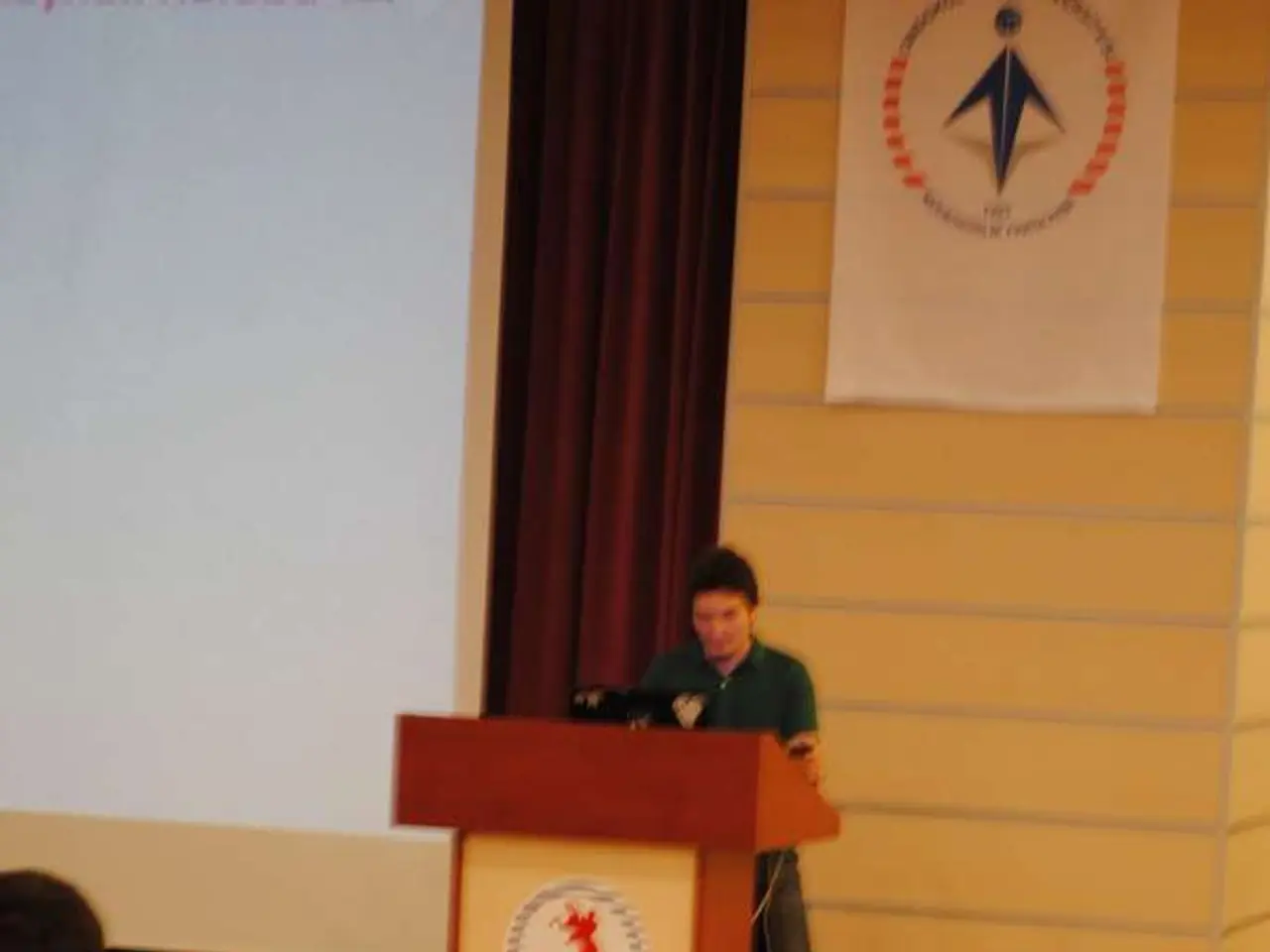Vienna's State Parliament convenes for its final extraordinary meeting prior to the upcoming elections
In the political landscape of Vienna and Austria, health-related issues have emerged as key talking points ahead of the election on April 27. The upcoming vote is noteworthy as it takes place unusually close to the election, with the session dominated by election rhetoric.
Recent developments in the healthcare sector have sparked intense debate. The recognition of Emergency Medicine as a supra-specialty in Austria marks a significant milestone, potentially influencing healthcare policy discussions. Meanwhile, challenges in the general healthcare system, such as funding and access to specialized services, are also under scrutiny.
Political parties have taken differing stances on these matters. The Freedom Party of Austria (FPÖ), currently leading national polls, has a conservative and nationalist stance, with its policies on migration and asylum being central to its campaign. If the FPÖ were to take the helm, it could impact healthcare policy, particularly if it aligns with conservative or populist views.
The Austrian People's Party (ÖVP), a conservative party with a history of coalition governments, might focus on maintaining the existing system while addressing current challenges such as healthcare workforce shortages.
The Green Party and NEOS, advocating for progressive policies, could have a significant influence if they are part of a future coalition government, with their focus likely on healthcare access and sustainability.
The election's outcome could also have implications for EU policies, particularly regarding the Ukraine war, but these issues are more related to foreign policy than healthcare.
During the last extraordinary session of the city council, held at the Vienna City Hall, party leaders discussed various health-related matters. FPÖ leader Dominik Nepp spoke of a "shambles" in the health sector and accused the SPÖ of running the system into the ground. Ingrid Korosec, the health spokesperson of the ÖVP, questioned the validity of the special session and emphasised the need for urgent reforms in the Vienna Health Association, including longer operating hours for hospitals and better patient flow management.
The final decisions will be made next week during the regular city council and parliament. The Green Party's top candidate, Judith Pühringer, has called for higher parking fees for SUVs in the Parisian model, while NEOS MP Dolores Bakos described the FPO's statements as "pure populism" and called for constructive solutions, including local and low-threshold access to health services, primary care centres, and the expansion of the health hotline 1450.
As the election date approaches, parties not represented in the city council are gathering signatures for their candidates. The election will undoubtedly shape the future of healthcare in Vienna and Austria, with each party presenting its vision for the sector.
The science of healthcare policy discussions is being influenced by the politics of Vienna and Austria, with the recognition of Emergency Medicine as a supra-specialty being a prime example. The health-and-wellness sector is under scrutiny, with challenges such as funding and access to specialized services being debated. Each political party has taken differing stances on these matters, with the Austrian People's Party focusing on maintaining the existing system while addressing current challenges, the Green Party and NEOS advocating for progressive policies, and the Freedom Party of Austria potentially impacting healthcare policy with its conservative or populist views.




